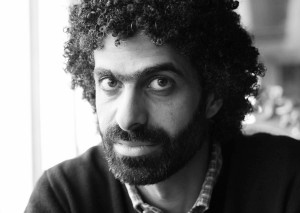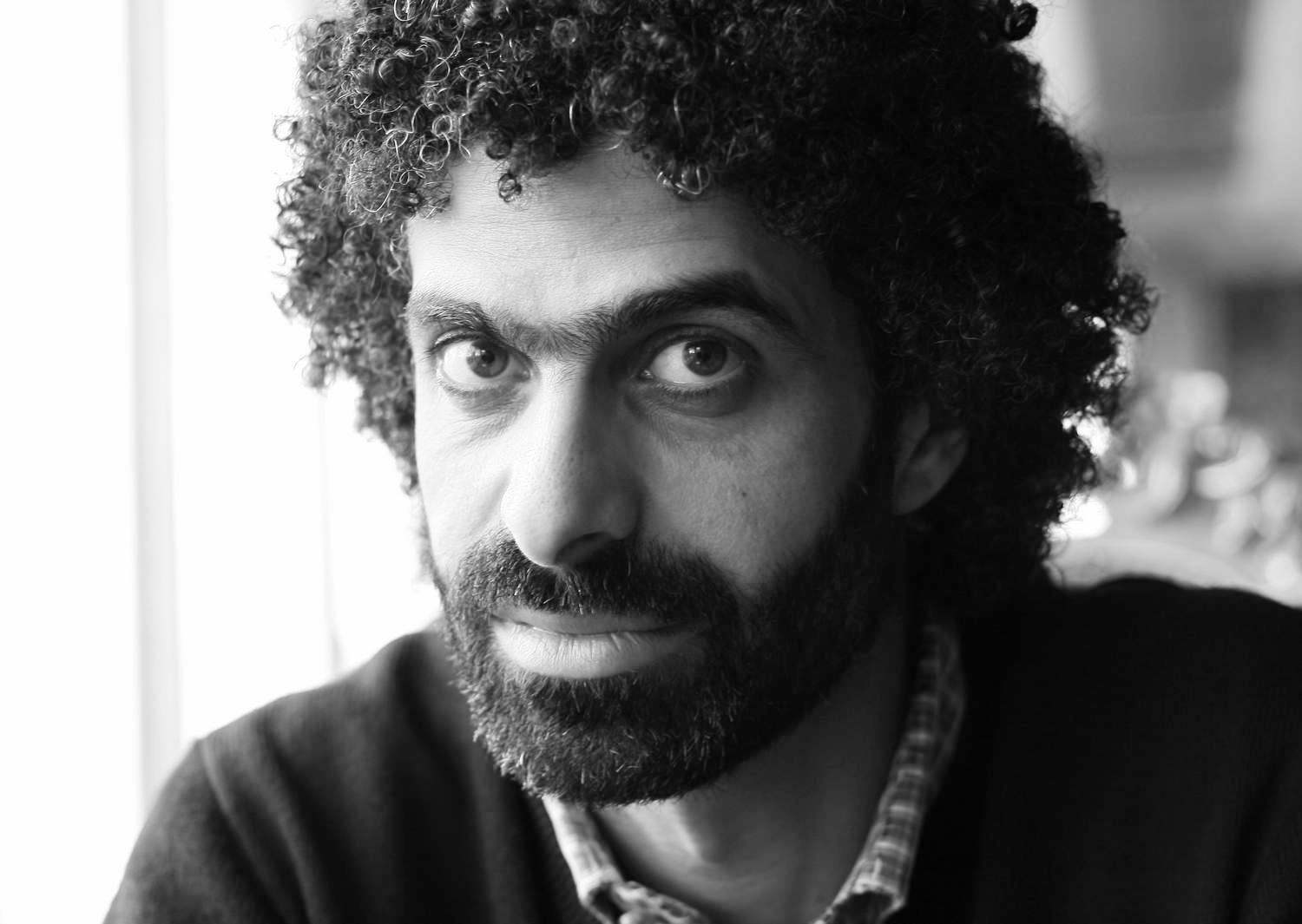 On a 40 minute Metro ride from New Marg station to Saad Zaghloul, trying to avoid the traffic jams across the city caused by anti- and pro-Morsy protests, the political discussions among the passengers are revealing.
On a 40 minute Metro ride from New Marg station to Saad Zaghloul, trying to avoid the traffic jams across the city caused by anti- and pro-Morsy protests, the political discussions among the passengers are revealing.
In Cairo’s underground system, in which every carriage is always stuffed with hundreds of average Egyptians, people are constantly engaging in heated discussions in a manner that sometimes amounts to verbal sparring. The Islamist produced referendum definitely appears to be confusing to the average citizen, given the political complications surrounding its overnight production almost two weeks ago.
The general atmosphere during the journey is one of condemnation of the Islamist violence against the anti-Morsy protesters last Wednesday night in front of the Presidential Palace which left seven dead and a few hundred injuries from both sides. I believe it is the first time since the beginning of the revolution that the average citizen has a strong and clear opinion of such political-revolutionary developments storming the country.
Interestingly, during these loud discussions and debates, a young man in his late teens starts taking responsibility for defending Islamists, Mohamed Morsy, the constitution and playing the the overused “stability” card. The kid looks to me like a young Muslim Brotherhood member, who are known as Shabab Al Ikhwan (Brotherhood Youth).
I claim I can spot them sometimes from their appearance and at other times from how they fire off memorised maxims one after the other in debates. As far as I am aware, it is a part of their duty to “educate” people through such discussions in the public sphere. Although the young brothers are very obvious when they perform their duty, they do have an influence and people do respond positively to their claims. At the end of the day, they know how to communicate with the people better than anyone else.
In the middle of the condemnation of the Islamists’ violence of that sad Wednesday night, the young brother manages to switch the conversation towards the stability issue, which obviously most passengers agree with. Two revolutionary-looking young men step forward to oppose his claims. Passengers until this moment are neutral as they clearly disapprove of the violent escalations.
The young brother smartly changes tack again and asks, “why not wait for the referendum and let everyone decide democratically?” The majority of the passengers seem to agree with this. So far, all this is healthy for a country that is being politically re-born.
The enthusiastic young revolutionaries oppose the referendum based on their understanding that it is nothing but an attempt to spread the Brotherhood’s power and control over the state’s institutions and the future of Egypt’s political life. The young brother quickly responds, “are you Muslim?” The two revolutionaries respond, yes.
The brother: “What did Shari’a do to you to make you hate it so much?” A moment of silence prevails while they struggle to find the proper response. The kids then explain that they are not against Shari’a at all, but they oppose how the Islamists themselves are not clear about it and yet are using it to increase their power.
The young brother responds, “why don’t you give a Shari’a a chance? What did Shari’a do to you? [repeating the question] Do we know better than Allah?” At this moment the young brother wins the passengers’ approval. The kids lose and, taking advantage of the train stopping, quickly leave.
This conversation is a clear example of the complexity of the political sphere at the moment. We’re a nation that seems to be largely against radical Islam, yet we have a strong sympathy towards whatever relates to religion, and in such a folkloric way, that we can be easily manipulated. It is always a difficult conversation for the revolutionaries to have with the average Egyptian during election times.
Both Islamists and the average citizen alike seem to ignore the lesson of the disastrous referendum of March 2011, when Islamists lobbied for a “yes”, saying this would please God, while a “no” would be against Islam. The majority took the bait. The result is what we now live in constitutional and political chaos that the Islamists themselves were suffering from under the 13-months of absolute military rule, before Morsy came to power.
In an attempt to think like the Islamists, while ignoring their hunger for power, a question always strikes me. Why do they ignore the Medina Constitution of 622? Isn’t it an Islamist constitution produced by the Prophet himself? It is actually a document that some historians consider the first “civil” constitution in human history, which in establishing the first Islamic state granted freedoms and rights to people of different faiths and ethnicities.
Why don’t Islamists re-visit this document and try to find something in it that fits in today’s world? They probably need time to figure that out, but why ignore the concept? Was the Prophet Muhammad (PBUH) wrong back then? I don’t think so! And of course today’s Islamists do not dare to think so either.
Then why is it ignored now in principle? Why do they involve God in a political process of losing or winning? How dare Islamists market such a fascist constitution in the 21 century and claim it is what God wants and manipulate the average citizen’s respect of Islam in such a cheap way? What will happen if the majority of people vote “No”? Would that mean that God “lost this battle”?
I believe pushing the people to vote “Yes” on such a defective constitution by appeals to God is the biggest sin against him. It is blasphemy, committed by Islamists.




